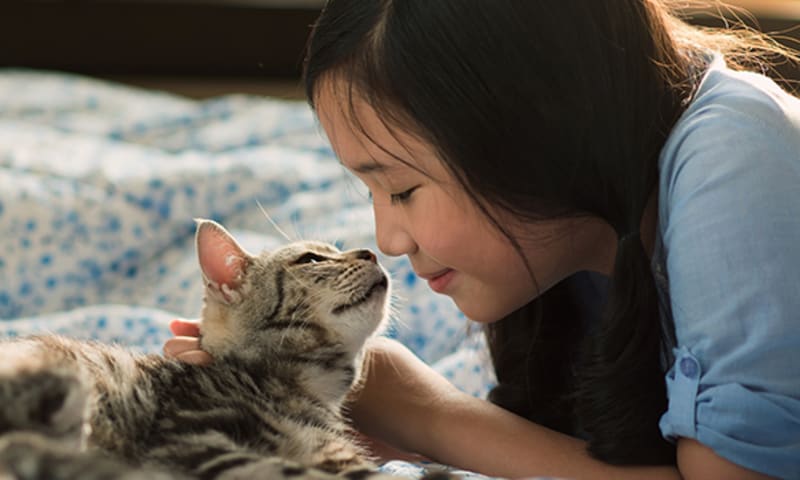Spaying & Neutering
The Importance of Spay & Neuter
Spaying or neutering your cat or dog is an important step in ensuring their long-term health and well-being.
These procedures help prevent certain serious health issues, such as uterine infections, breast tumours, and testicular cancer.
They also reduce unwanted behaviours, including roaming, spraying, or aggression that can be linked to mating instincts.
Beyond individual benefits, spaying and neutering play a vital role in controlling the pet population, helping to reduce the number of homeless animals and easing the strain on shelters and rescue organizations.
By choosing to spay or neuter, you’re making a responsible decision that benefits both your pet and the wider community.

Spay & Neuter Procedures
Spaying and neutering are routine veterinary surgeries that safely and effectively prevent pets from reproducing while supporting their long-term health.
In females, spaying (also called an ovariohysterectomy) involves removing the ovaries and uterus. In males, neutering (also called an orchiectomy) removes the testicles.
Both procedures are performed under general anesthesia by a veterinarian, and pets are closely monitored to ensure their comfort and safety.
Most animals recover quickly with proper aftercare, typically resuming normal activity within a week or two.
Beyond preventing unwanted litters, these surgeries lower the risk of certain serious health issues, such as uterine infections, mammary tumours, testicular cancer, and some prostate problems.
Spaying & Neutering FAQs
For answers to more of your questions about spay and neuter procedures please read through the answers to these frequently asked questions from our clients.
-
When should I spay or neuter my cat?
Kittens can be spayed or neutered as young as six to eight weeks of age, however standard spay and neuter surgeries are most often performed when the kitten is between five and six months old. That said, a healthy adult cat of any age can also be spayed or neutered.
-
When should I spay or neuter my dog?
Traditionally puppies have been spayed or neutered at around 6 months old. However some vets have concluded that it is better to wait until the dog has reached sexual maturity before performing these reproductive surgeries. Speak to your veterinarian to determine the best time to have your dog spayed or neutered.
-
How long will it take for my pet to recover from surgery?
Spay and neuter procedures are typically day surgeries, allowing pets to return home in the evening following their procedure.
Your pet's activity will need to be restricted for approximately 10 days, and a protective collar may need to be worn by your pet to prevent them from licking the incision.
Your vet may also request that you bring your pet in for a follow-up appointment.
-
Will my pet feel anything during the procedure?
No, your pet will be under general anesthesia, and will not feel anything during the procedure.
-
Will my pet gain weight after the procedure?
Your puppy or kitten will continue to grow to their full adult weight after the spay or neuter procedure, and this naturally includes some weight gain.
However, your pet will not gain weight as a result of being spayed or neutered.
-
How much will it cost to get my pet fixed?
The cost of your pet's spay or neuter surgery depends on a wide variety of factors including the size of your pet and overall state of health, as well as where you live in the country. To get an accurate estimate of the cost of your pet's reproductive surgery contact our Woodstock animal hospital today.
-
Will my pet need to stay in the hospital overnight?
While in some rare cases it may be necessary to keep a pet overnight following spay and neuter surgeries, at Yates Veterinary Hospital these procedures are typically day surgeries. This means that you will drop your pet off to us in the morning at a pre-arranged time then pick them up once our veterinarians have decided that your pet is sufficiently recovered and ready to head home.
When you come to our animal hospital to pick up your pet following surgery we will be sure to provide you with detailed instructions for at home care.
